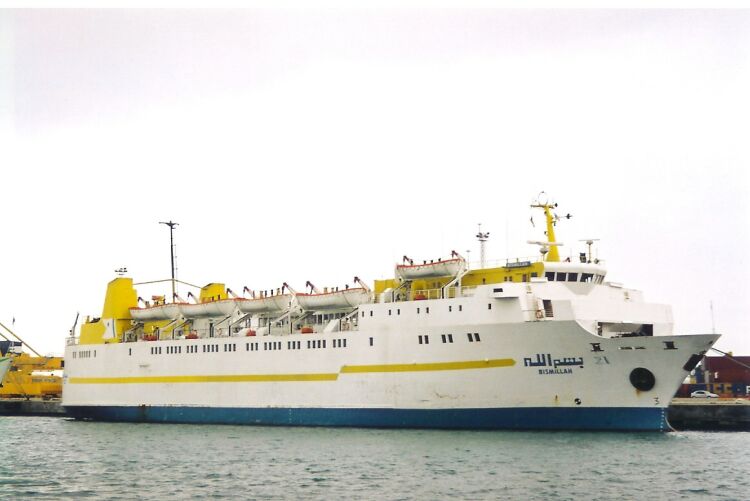The UNCLOS (United Nations Convention on the Law of the Sea) is an umbrella that brings together many features of the sea and its uses, which includes a ship’s registration granting by a State. After a ship is registered, the flag State has certain duties laid out in UNCLOS. Particularly, under Article 94, the flag State must efficiently implement its jurisdiction and control in technical, administrative and social matters. Under the patronage of the International Maritime Organization (IMO), International Conventions have been decided upon that lend out uniform requirements to facilitate the acceptance of a vessel registered in a country in the sea or any water body and ports of another country, as well as the broad-spectrum safety maintenance at the sea and environment protection. These needs are generally known as ‘statutory’ requirements.
Four Discrete Areas of Statutory Requirement
Structural integrity and design of the ship
At the time of ship structure designing, it is required to secure the safety rationally by investigating into structural integrity assessment methods. It includes the inspection strategy and material characterization, in-service performance of significant details, inspection and repairs, risk-based assessment, material selection, testing, inspection reliability, hull and process equipment. According to the Norwegian offshore standards (NORSOK, 2007), there must be sufficient space for the wave crest to pass under the deck to make sure that a 10000-year wave load does not cause danger to the structural integrity.
Environmental friendly measures with respect to ship operation
Ships operating by maintaining a healthy environment are providing loads of benefits to human being and the shipping industry. The awareness needs to be created with respect to the change in climatic conditions and green credentials need to develop. All passenger ferries for sale comply with these measures.
Preventive measures which include navigation aids and fire protection
The SOLAS (International Convention for the Safety of Life at Sea) guarantees that vessels flagged by signatory States meet minimum standards of safety in construction, operation and equipment. In Chapter II fire safety necessities for all ships with comprehensive measures for cargo vessels, passenger ships, and RoRo ships.
Containment and escape situation
It is crucial to design effectual escape routes that should provide hassle-free escape of passengers and crew members without any confusion and congestion at the time of leaving the ship or offshore structure in an emergency situation. As per IMO, there should be 2 escape routes from two different spaces and exclude dead-end corridors in ships. The width of the escape routes are determined by a simple and proven calculation method. Checking out the escape routes or emergency exit is a must when seeking day ferries for sale.
Flag Administration Delegating Inspection
International Conventions and SOLAS allow the flag Administration to allocate the survey and inspection of passenger ships, double ended ferries for sale or other ships to a RO (Recognized Organization). The RO is answerable to the flag Administration for the task that it performs on its behalf. The principles of the survey and inspection work are very similar to classification surveys. RO also verifies whether or not a ship meets all the requirements and standards during the time of survey. The extents of these surveys and inspections are set down by the applicable national laws depending on International Conventions to which the Government is a signatory, along with other instructions that may be regulated by the flag Administration.


